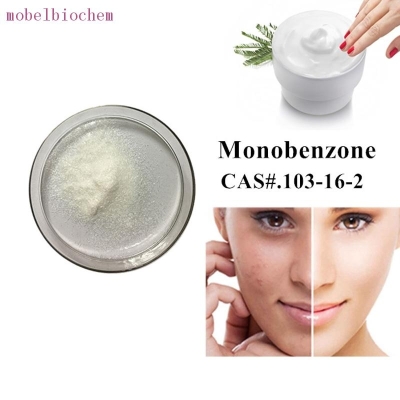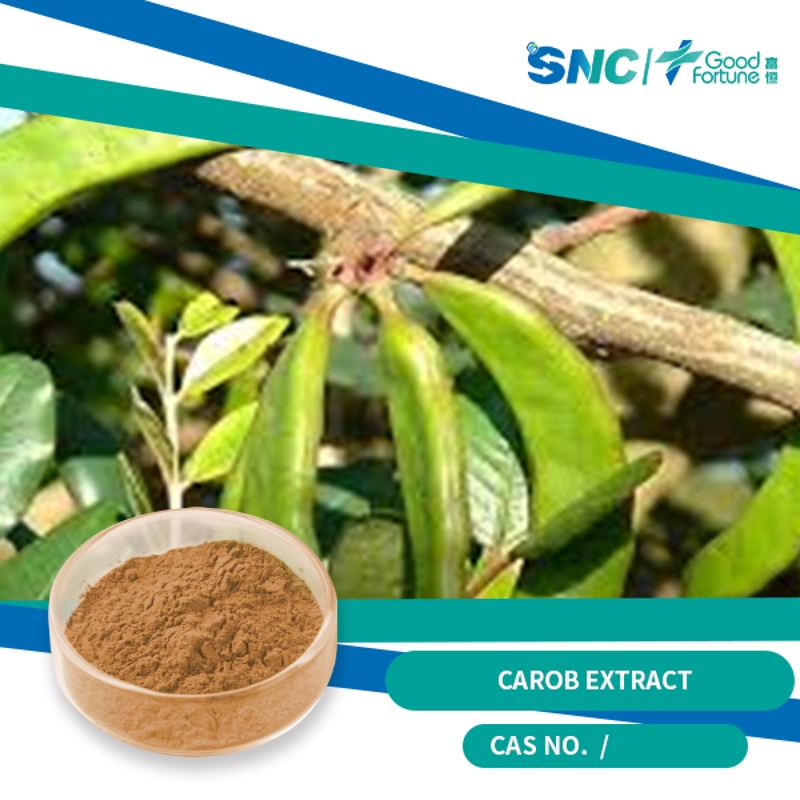-
Categories
-
Pharmaceutical Intermediates
-
Active Pharmaceutical Ingredients
-
Food Additives
- Industrial Coatings
- Agrochemicals
- Dyes and Pigments
- Surfactant
- Flavors and Fragrances
- Chemical Reagents
- Catalyst and Auxiliary
- Natural Products
- Inorganic Chemistry
-
Organic Chemistry
-
Biochemical Engineering
- Analytical Chemistry
-
Cosmetic Ingredient
- Water Treatment Chemical
-
Pharmaceutical Intermediates
Promotion
ECHEMI Mall
Wholesale
Weekly Price
Exhibition
News
-
Trade Service
Construction of transgenic plants is central to modern plant molecular genetics. Inducible systems permit spatial and temporal control of transgene expression. One commonly used inducible system relies on the use of dexamethasone to activate an endogenously expressed hybrid transcription factor, which positively regulates the expression of the gene of interest (Aoyama and Chua, Plant J 11:605–612, 1997). We have developed Arabidopsis plants using this inducible system to drive expression of a bacterial type III effector protein. The effector, AvrRpm1, elicits either strong cell death or weak cell death and chlorosis depending on the genetic background of the plant. Using these reagents, we examine several properties of the inducible system in Arabidopsis, including the timing of induction, the ability to tune the level of transgene expression by altering the concentration of applied dexamethasone, and the movement of dexamethasone within the plant.







